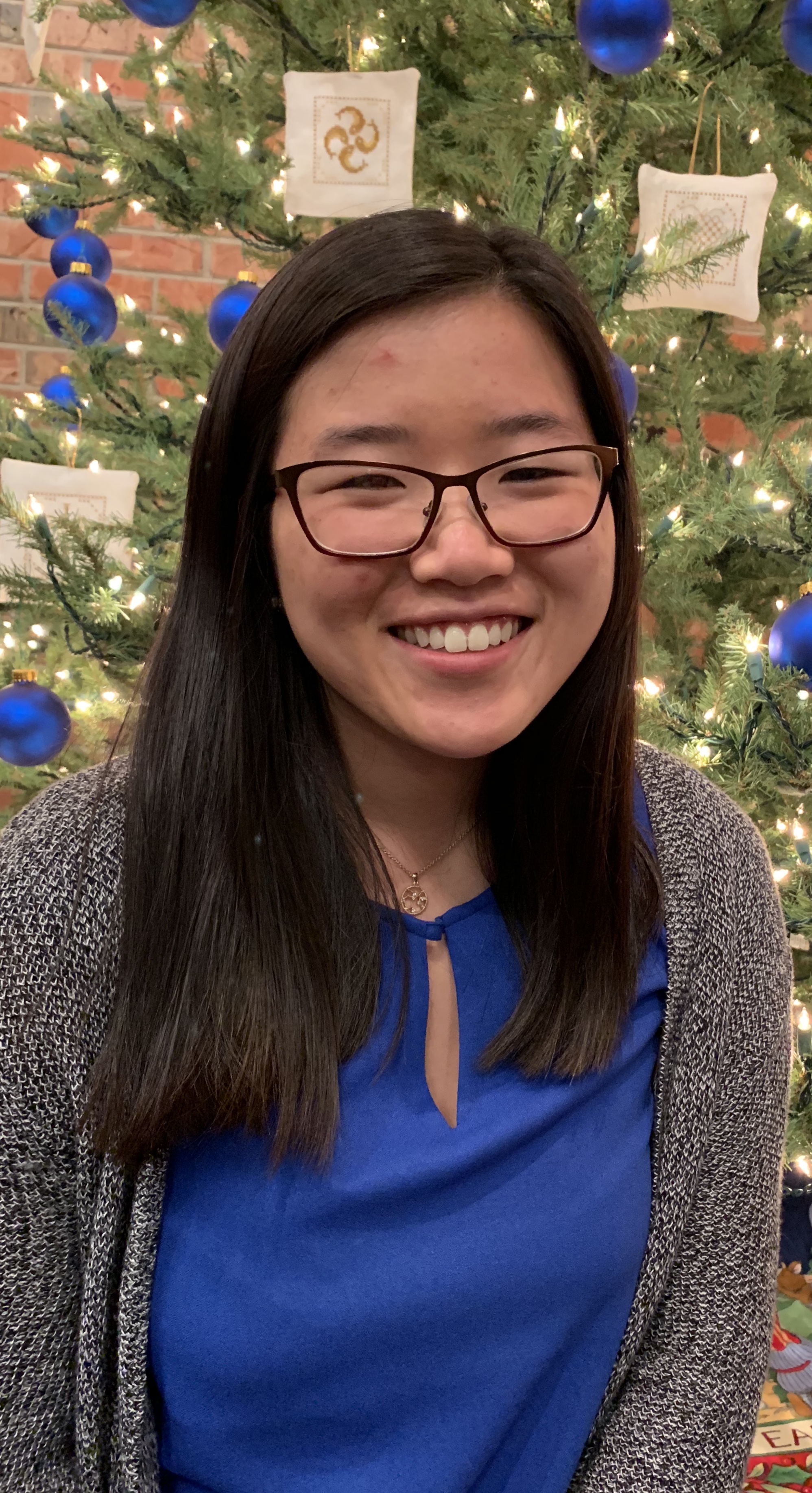Celebration of Scholars
Is data plural? A writing center intervention at the cellular and molecular level
 Name:
Grace Tews
Name:
Grace Tews
Major: Chemistry and Neuroscience
Hometown: Antigo, WI
Faculty Sponsor: Andrea Henle
Other Sponsors: Jean Preston
Type of research: Independent research
 Name:
Chloe Guillaume
Name:
Chloe Guillaume
Major: Neuroscience
Hometown: Mount Vernon, IA
Faculty Sponsor: Andrea Henle
Other Sponsors: Jean Preston
Type of research: Independent research
 Name:
Claire Pfeffer
Name:
Claire Pfeffer
Major: Biology
Hometown: Oregon, WI
Faculty Sponsor: Andrea Henle
Other Sponsors: Jean Preston
Type of research: Independent research
Abstract
Developing writing skills is a cornerstone of a Carthage education. One campus resource that assists in fostering these skills is the Brainard Writing Center which has trained fellows across all disciplines. For the past 3 years, the natural science writing fellows have developed and implemented a series of workshops tailored towards writing in the biological sciences. In the fall of 2018, we assessed the value of this biology-focused writing center intervention. The workshops were offered to students enrolled in BIO2300, the writing intensive course within the biology major. Writing fellow feedback was provided to all students in between drafts, and optional workshops were offered on a weekly basis. Pre- and post-surveys were administered to all students to survey their confidence in writing biology lab reports. All available lab reports were graded according to a developed rubric to evaluate writing proficiency. The surveys and lab report scores were utilized to determine the effectiveness of writing center intervention. Lab report scores and confidence significantly increased in students who attended workshops or received writing center feedback. This indicates the intervention was successful and can be implemented in other courses in the life sciences.
Submit date: March 25, 2019, 12:27 p.m.
